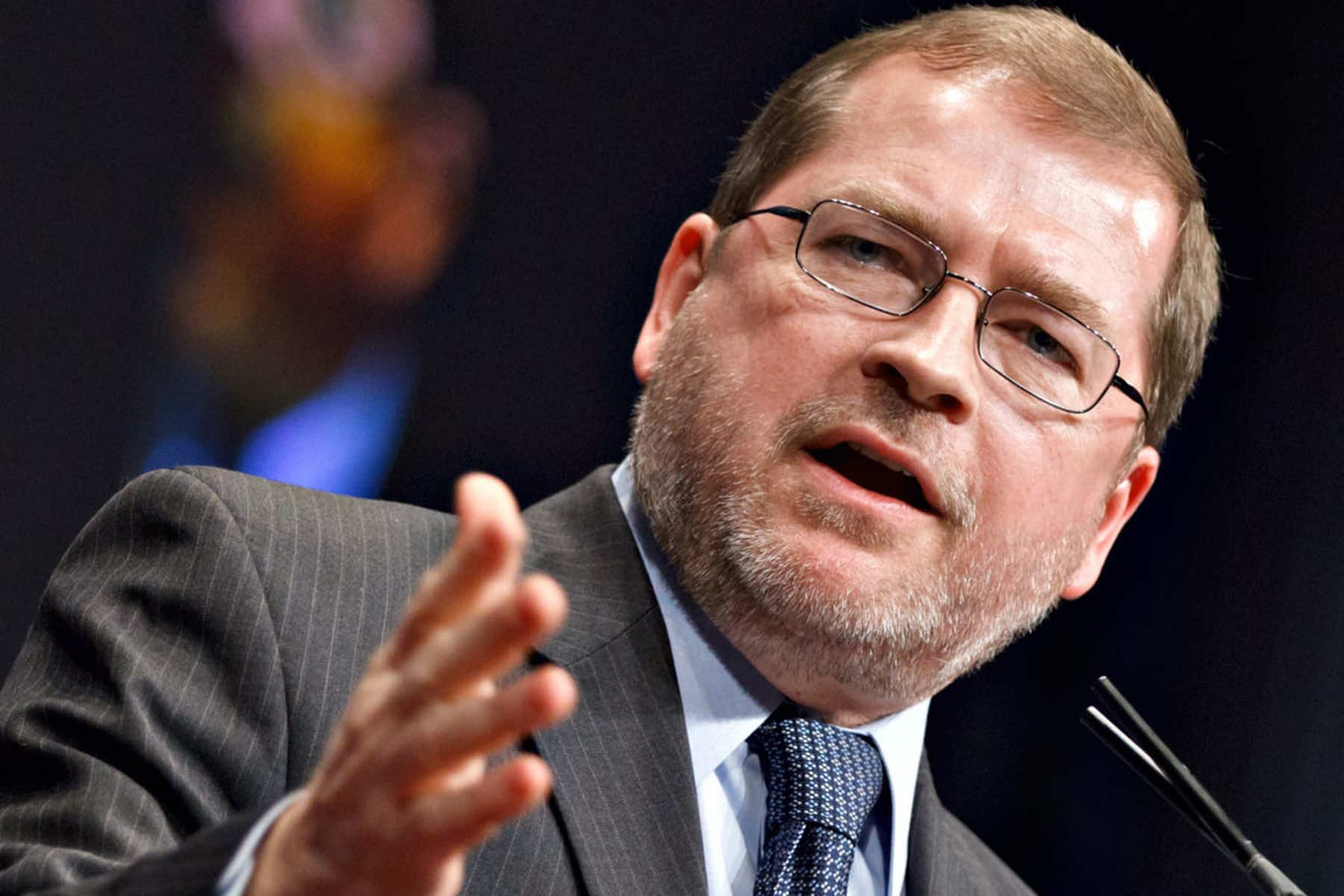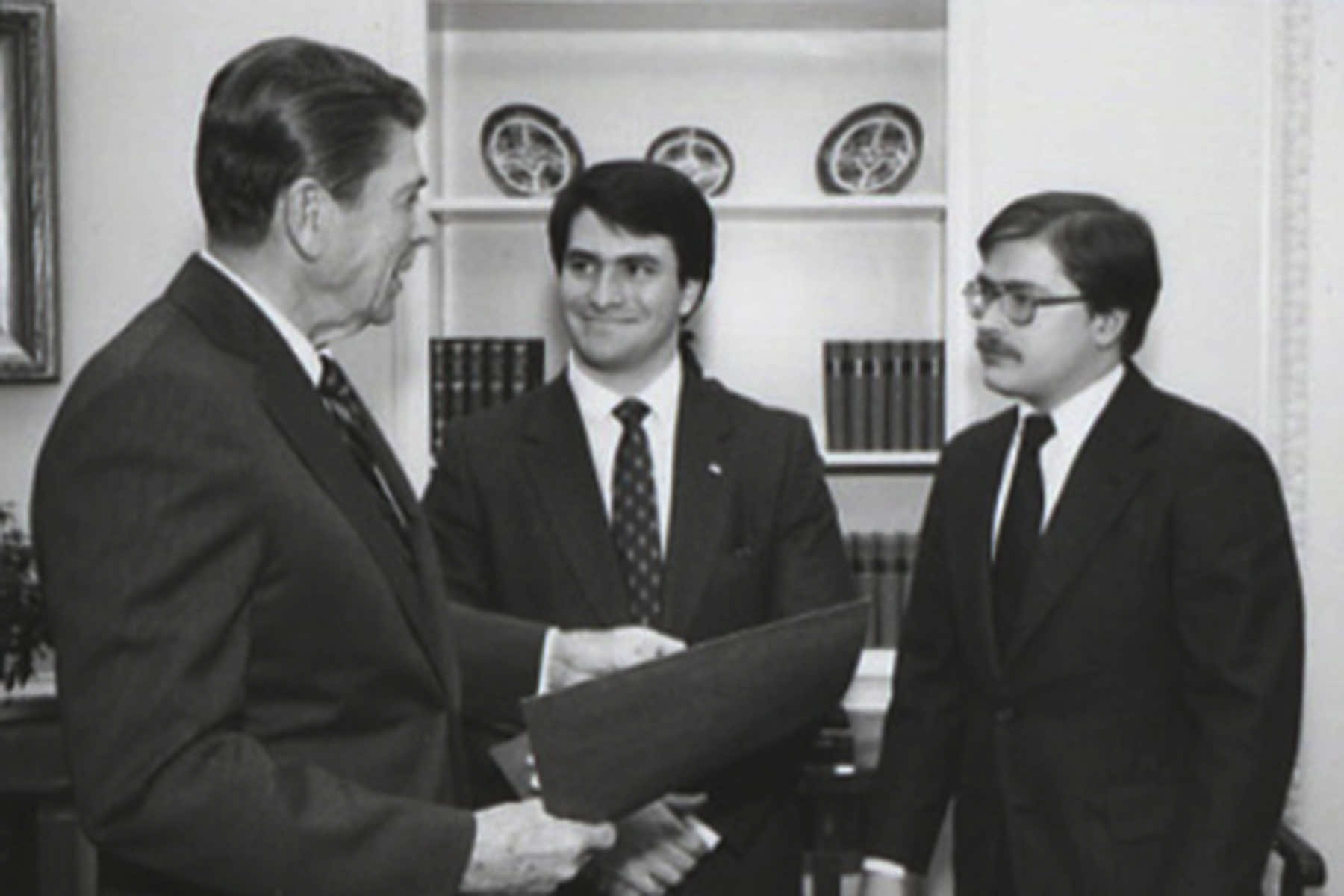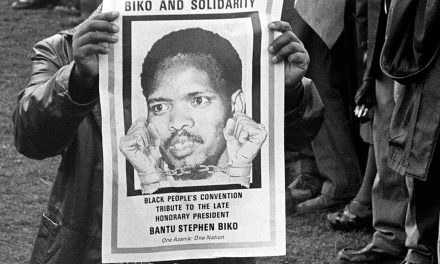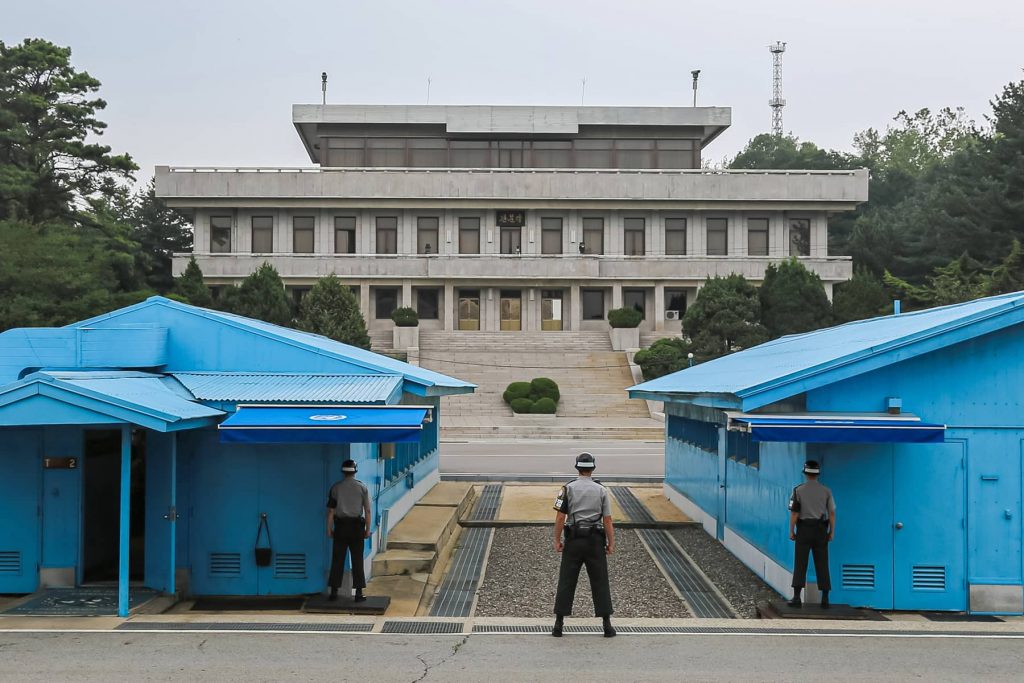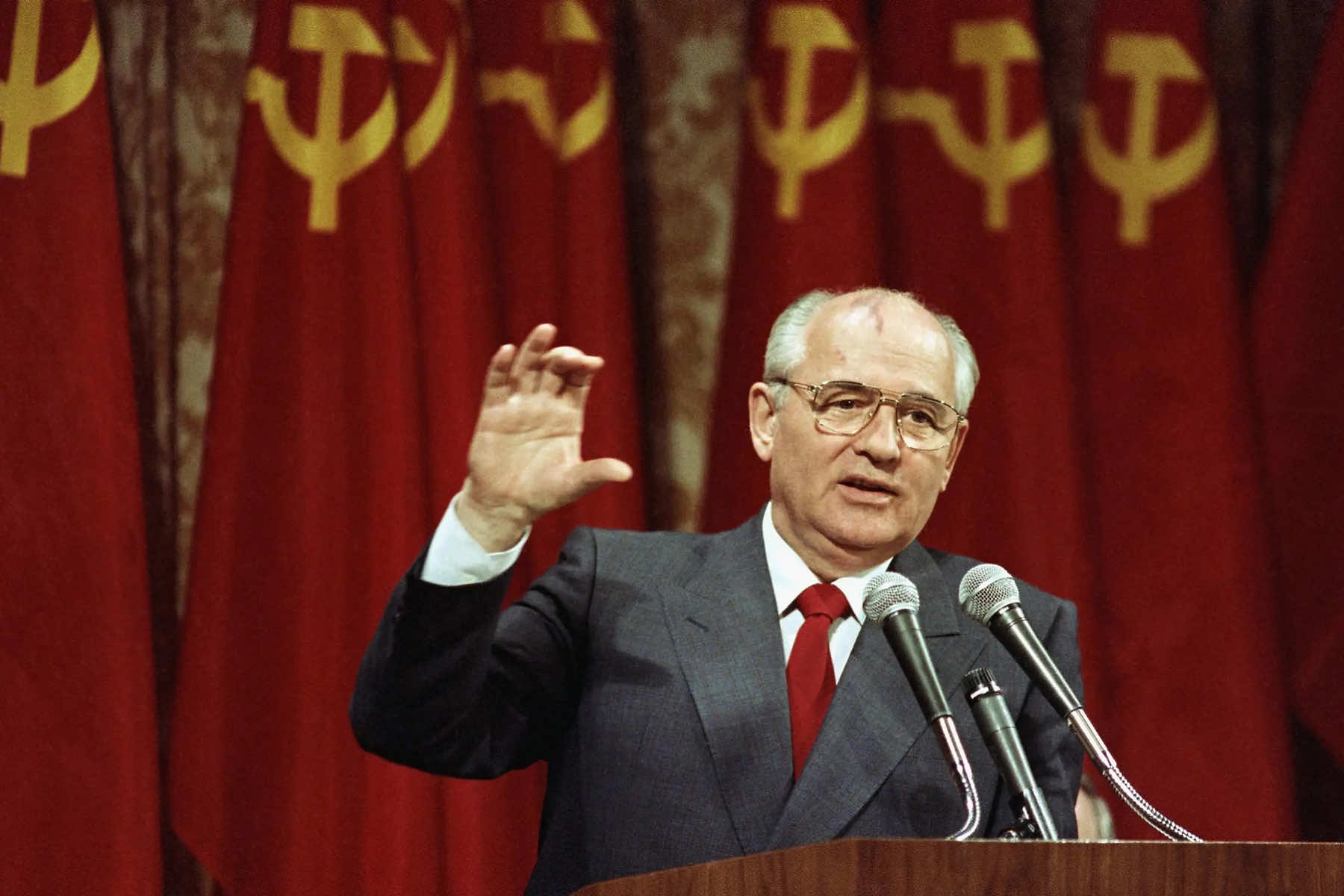
On December 26, 1991, banner headlines read: “Gorbachev, Last Soviet Leader, Resigns; U.S. Recognizes Republics’ Independence.” On December 25, Soviet president Mikhail Gorbachev had resigned, marking the end of the Union of Soviet Socialist Republics, often referred to as the Soviet Union or USSR.
Former Soviet republics had begun declaring their independence in March 1990, the Warsaw Pact linking the USSR’s Eastern European satellites into a defense treaty dissolved by July 1991, and by December 1991 the movement had gathered enough power that Belarus, Russia, and Ukraine joined together in a “union treaty” as their leaders announced they were creating a new Commonwealth of Independent States.
When almost all the other Soviet republics announced on December 21 that they were joining the new alliance, Gorbachev could either try to hold the USSR together by force or step down. He chose to step down, handing power to the president of the Russian Federation, Boris Yeltsin.
The dissolution of the USSR meant the end of the Cold War, and those Americans who had come to define the world as a fight between the dark forces of communism and the good forces of capitalism believed their ideology had triumphed. Two years ago, Gorbachev said that with the collapse of the Soviet Union, “They grew arrogant and self-confident. They declared victory in the Cold War.”
The collapse of the USSR gave the branch of the Republican Party that wanted to destroy the New Deal confidence that their ideology was right. Believing that their ideology of radical individualism had destroyed the USSR, these so-called Movement Conservatives very deliberately set out to destroy what they saw as Soviet-like socialist ideology at home.
As anti-tax crusader Grover Norquist wrote in the Wall Street Journal: “For 40 years conservatives fought a two-front battle against statism, against the Soviet empire abroad and the American left at home. Now the Soviet Union is gone and conservatives can redeploy. And this time, the other team doesn’t have nuclear weapons.”
In the 1990s the Movement Conservatives turned their firepower on those they considered insufficiently committed to free enterprise, including traditional Republicans who agreed with Democrats that the government should regulate the economy, provide a basic social safety net, and promote infrastructure. Movement Conservatives called these traditional Republicans “Republicans in Name Only” or RINOs and said that, along with Democrats, such RINOs were bringing “socialism” to America.
With the “evil empire,” as President Ronald Reagan had dubbed the Soviet Union, no longer a viable enemy, Movement Conservatives, aided by new talk radio hosts, increasingly demonized their domestic political opponents. As they strengthened their hold on the Republican Party, Movement Conservatives cut taxes, slashed the social safety net, and deregulated the economy.
At the same time, the oligarchs who rose to power in the former Soviet republics looked to park their illicit money in western democracies, where the rule of law would protect their investments. Once invested in the United States, they favored the Republicans who focused on the protection of wealth rather than social services. For their part, Republican politicians focused on spreading capitalism rather than democracy, arguing that the two went hand in hand.
The financial deregulation that made the U.S. a good bet for oligarchs to launder money got a boost when, shortly after the September 11, 2001, attacks, Congress passed the PATRIOT Act to address the threat of terrorism. The law took on money laundering and the illicit funding of terrorism, requiring financial institutions to inspect large sums of money passing through them. But the Financial Crimes Enforcement Network (FinCEN) exempted many real estate deals from the new regulations.
The United States became one of the money-laundering capitals of the world, with hundreds of billions of dollars laundered in the U.S. every year.
In 2011 the international movement of illicit money led then–FBI director Robert Mueller to tell the Citizens Crime Commission of New York City that globalization and technology had changed the nature of organized crime. International enterprises, he said, “are running multi-national, multi-billion dollar schemes from start to finish…. They may be former members of nation-state governments, security services, or the military…. These criminal enterprises are making billions of dollars from human trafficking, health care fraud, computer intrusions, and copyright infringement. They are cornering the market on natural gas, oil, and precious metals, and selling to the highest bidder…. These groups may infiltrate our businesses. They may provide logistical support to hostile foreign powers. They may try to manipulate those at the highest levels of government. Indeed, these so-called ‘iron triangles’ of organized criminals, corrupt government officials, and business leaders pose a significant national security threat.”
In 2021, Congress addressed this threat by including the Corporate Transparency Act in the National Defense Authorization Act. It undercut shell companies and money laundering by requiring the owners of any company that is not otherwise overseen by the federal government (by filing taxes, for example, or through close regulation) to file with FinCEN a report identifying (by name, birth date, address, and an identifying number) each person associated with the company who either owns 25% or more of it or exercised substantial control over it. The measure also increased penalties for money laundering and streamlined cooperation between banks and foreign law enforcement authorities.
But that act would not take effect for another three years. Meanwhile, once in office, the Biden administration made fighting corruption a centerpiece of its attempt to shore up democracy both at home and abroad. In June 2021, Biden declared the fight against corruption a core U.S. national security interest. “Corruption threatens United States national security, economic equity, global anti-poverty and development efforts, and democracy itself,” he wrote. “But by effectively preventing and countering corruption and demonstrating the advantages of transparent and accountable governance, we can secure a critical advantage for the United States and other democracies.”
In March 2023 the Treasury told Congress that “[m]oney laundering perpetrated by the Government of the Russian Federation (GOR), Russian [state-owned enterprises], Russian organized crime, and Russian elites poses a significant threat to the national security of the United States and the integrity of the international financial system,” and it outlined the ways in which it had been trying to combat that corruption.
“In light of Russia’s further invasion of Ukraine,” it said, “we must redouble our efforts to prevent Russia from abusing the U.S. financial system to sustain its war and counter Russian sanctioned individuals and firms seeking to exploit vulnerabilities in the U.S. financial system.”
The collapse of the USSR helped to undermine the Cold War democracy that opposed it. In the past 32 years we have torn ourselves apart as politicians adhering to an extreme ideology demonized their opponents. That demonization also helped to justify the deregulation of our economy and then the illicit money from the rising oligarchs it attracted, money that has corrupted our democratic system.
But there are at least signs that the financial free-for-all might be changing. The three years are up, and the Corporate Transparency Act took effect on January 1.
David Longstreth (AP) and TLegend (via Shutterstock)
Letters from an Аmerican is a daily email newsletter written by Heather Cox Richardson, about the history behind today’s politics

